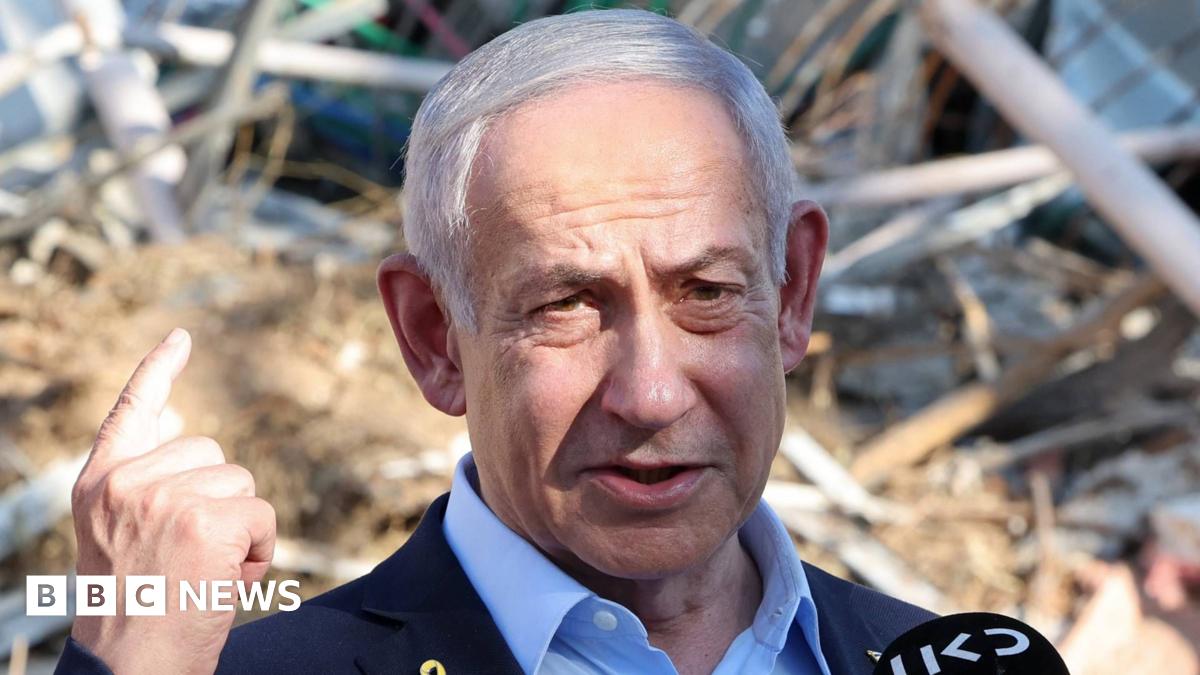Iran's Nuclear Ambitions: Setback or Temporary Delay? Israel Claims Years of Progress Lost, US Report Paints a Different Picture

Recent reports regarding Iran's nuclear program have ignited a fierce debate, particularly between Israel and the United States. While Israel asserts that recent US strikes have significantly hindered Iran's nuclear ambitions, pushing back their timeline by “many years,” a leaked US intelligence assessment suggests a far more modest impact, estimating a delay of only “a few months.” This divergence in perspectives raises critical questions about the effectiveness of current strategies and the future of the Iran nuclear deal.
Israel's Perspective: A Significant Blow
Israeli officials have consistently expressed deep concern over Iran's nuclear program, viewing it as a direct threat to regional stability and Israeli security. The recent US strikes on Iranian facilities, reportedly targeting advanced centrifuges and research infrastructure, have been hailed by Israeli leaders as a substantial setback. According to Israeli sources, these actions have not only disrupted the immediate progress of Iran's nuclear efforts but also inflicted lasting damage, potentially delaying their ability to produce nuclear weapons by several years. This perspective underscores Israel's belief that a more aggressive approach is necessary to prevent Iran from acquiring nuclear capabilities.
The US Intelligence Assessment: A More Measured View
The leaked US intelligence assessment presents a contrasting view. According to the report, the strikes, while disruptive, have only managed to delay Iran's program by a matter of months. This assessment suggests that Iran possesses a robust and adaptable nuclear infrastructure, capable of quickly recovering from setbacks. The report highlights Iran’s ability to rebuild damaged facilities and potentially shift its nuclear activities to alternative locations, making a complete halt to the program exceptionally difficult. This more cautious evaluation reflects a nuanced understanding of Iran’s technological capabilities and its determination to pursue its nuclear goals.
The Implications and Future Outlook
The discrepancy between the Israeli and US assessments underscores the complexities of assessing Iran's nuclear program. It also highlights the potential for differing strategic approaches. Israel's emphasis on inflicting significant, long-term damage aligns with a more hawkish stance, potentially advocating for further military action or stricter sanctions. The US assessment, on the other hand, suggests a need for a more nuanced approach, one that acknowledges Iran’s resilience and prioritizes diplomatic efforts alongside targeted measures.
The future of the Iran nuclear deal, formally known as the Joint Comprehensive Plan of Action (JCPOA), also hangs in the balance. The US withdrawal from the JCPOA in 2018 and the subsequent reimposition of sanctions have significantly impacted Iran's economy and its willingness to adhere to the deal's restrictions. A renewed commitment to diplomacy and a return to the JCPOA, perhaps with modifications to address concerns about Iran’s broader regional activities, remains a potential pathway to prevent escalation and safeguard regional stability. However, achieving such a consensus will require careful negotiation and a willingness to bridge the gap between the conflicting perspectives of Israel and the United States.
Ultimately, the debate over the impact of recent strikes on Iran's nuclear program serves as a reminder of the ongoing challenges in managing this critical geopolitical issue. A comprehensive and sustainable solution will require a combination of robust intelligence gathering, diplomatic engagement, and a clear understanding of the long-term implications of each course of action.






